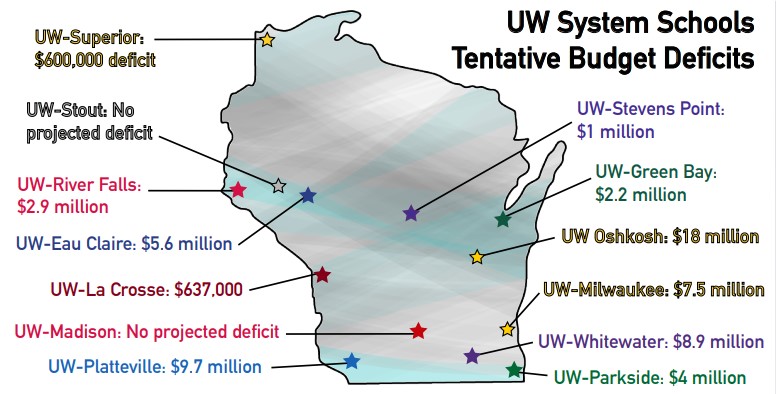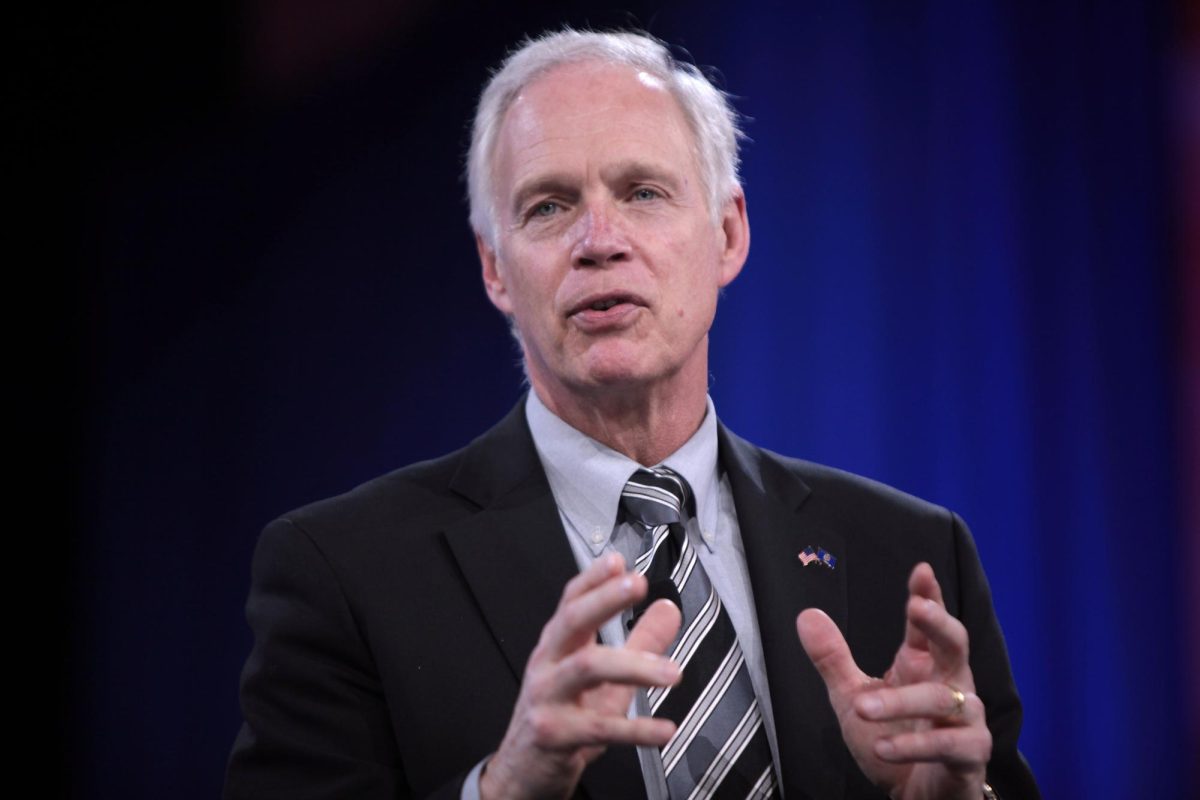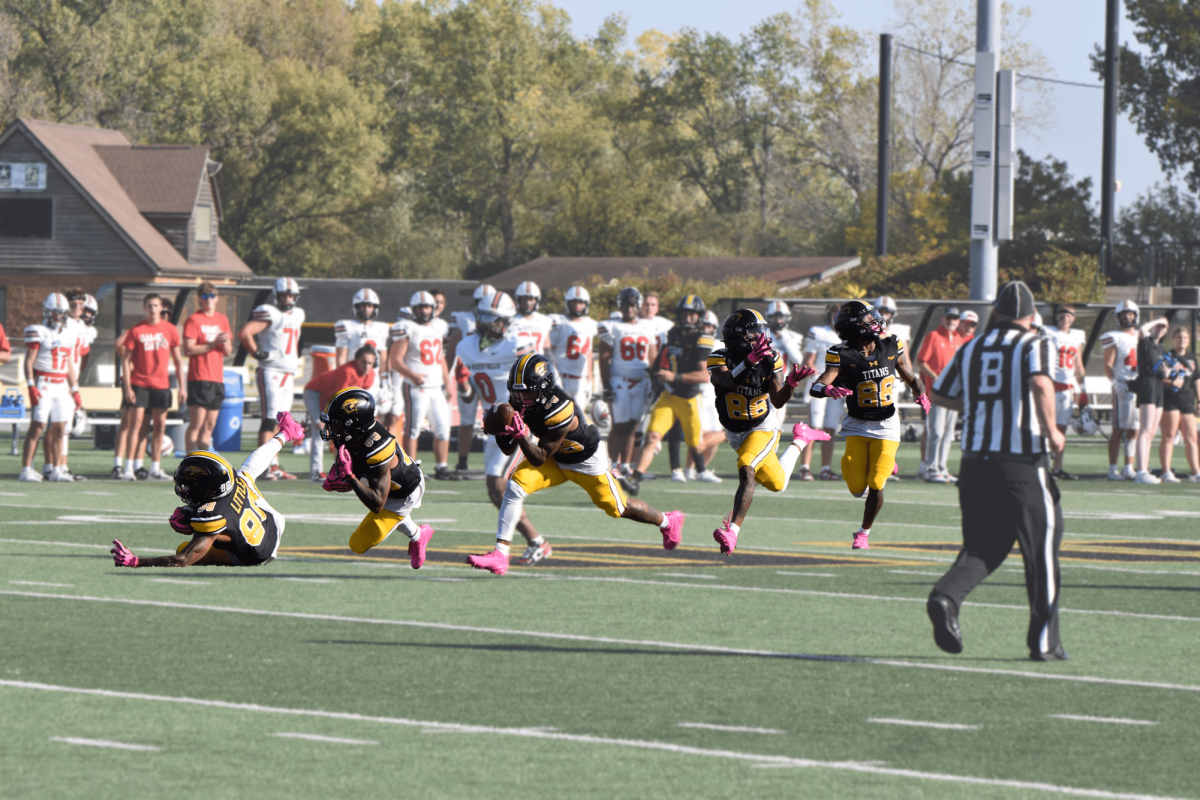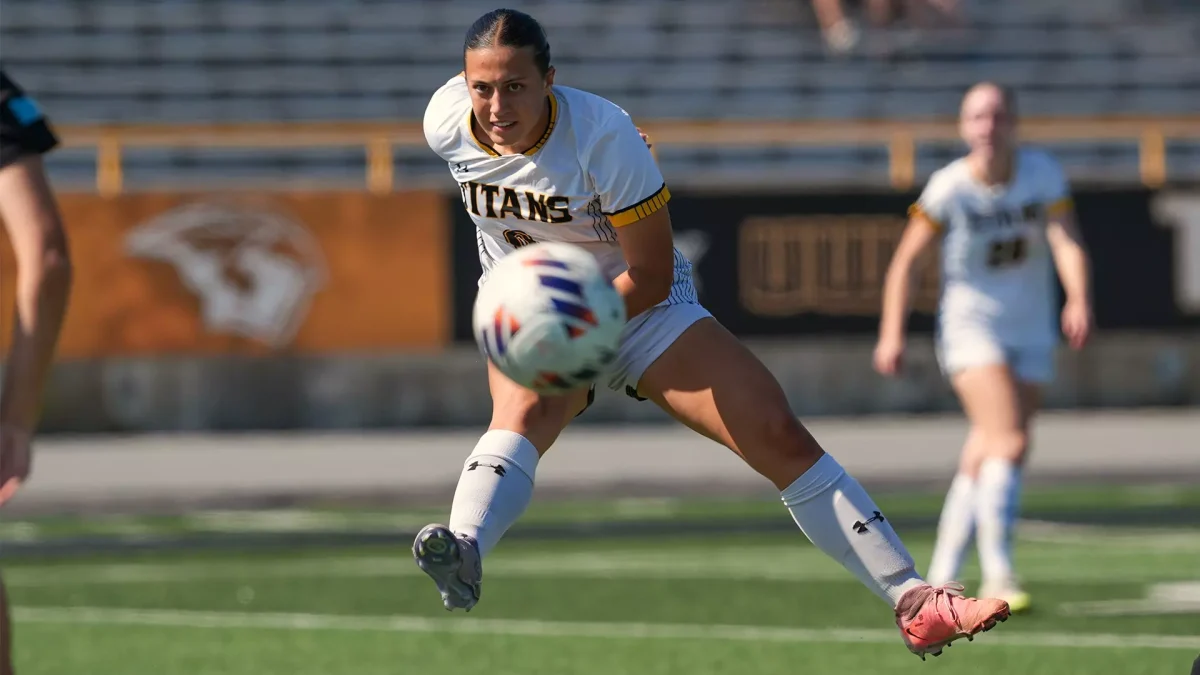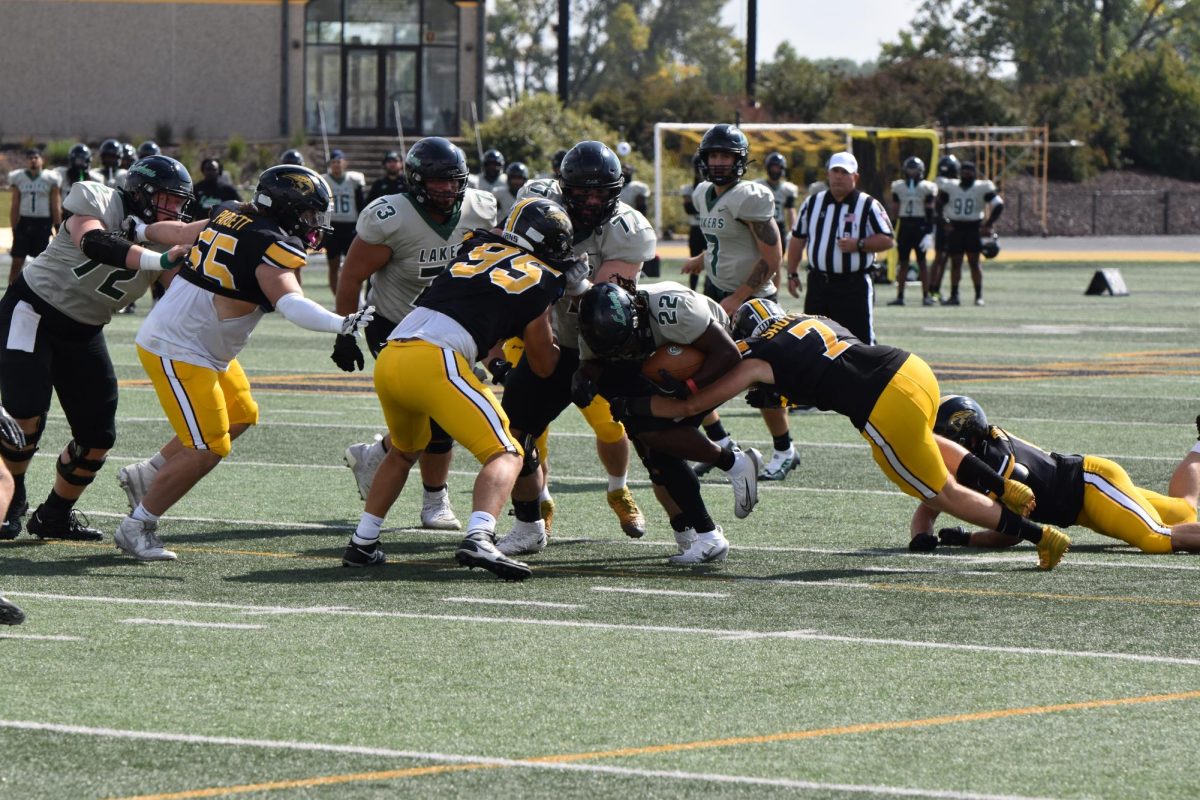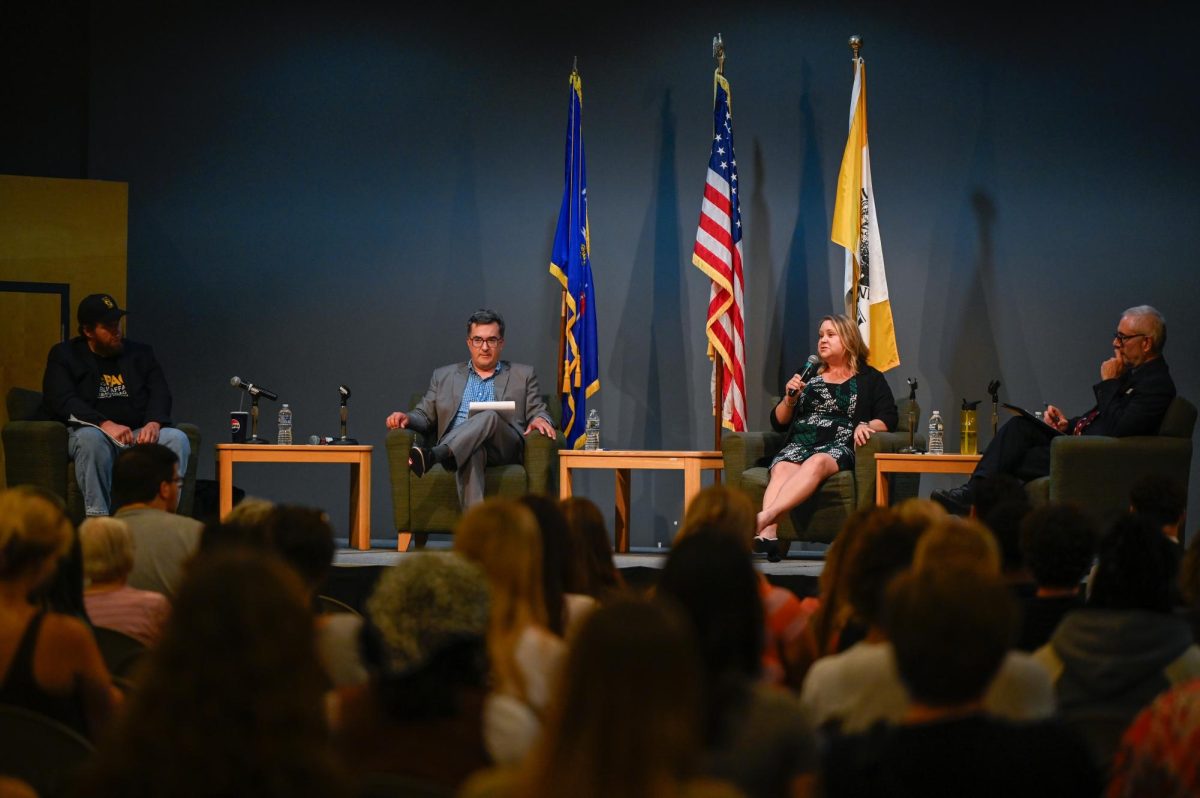Many professors and departments at UW Oshkosh are adjusting to furloughs and an increased teaching load in the wake of the university’s $18 million structural deficit.
One such instructor is Michael Ford, a public administration professor at UWO, who wrote an article in the Oshkosh Herald reacting to the university’s financial situation. Ford, who has been furloughed like many of his colleagues, said that this semester has been one of the most difficult in the 10 years he’s been at UWO.
“Personally, [the furloughs are] a bit of a hit to morale,” he said. “Really, a furlough is a pay cut, and it’s not attached to your performance; that’s just a tough pill to swallow.”
But the furloughs also have an effect on students, as faculty are not allowed to engage in any university-related business, including responding to emails and messages, Ford said.
“I worry about the way we serve our students; that’s our stakeholders,” he said. “When a student needs something, oftentimes they need it right away. So, if they get you on a furlough day, that doesn’t really put the customer first.”
Additionally, many faculty like Ford communicate with external entities like businesses, governments and other universities. The inability to conduct their business on furlough days affects these relationships too, he said.
“I do work with policymakers and local governments,” he said. “And it was not fun to wake up the day after my furlough, check and see four or five different people who I really need a relationship with, who are an asset to the university, who are getting an auto reply saying that I’m not allowed to work today, sorry.”
But Alphonso Simpson, who is the director of the African American Studies program, said that the furloughs have affected him minimally because he has more freedom to choose his schedule. Simpson is the only professor teaching on-campus within the program.
“I don’t like being told I can’t be here and check my email,” he said. “But I’ve come to embrace it as a much needed break. I got a chance to do something for myself. There are so many other worse things that could happen outside of a furlough.”
But how did the university get here? Ford said that a reliance on tuition played a large role in the financial situation, adding that an increase in options for prospective college students is partially to blame.
“There’s fewer high school students, more competition for these students both in-state and out of state and more opportunities in a strong labor market for students who graduate high school and go directly into the workforce or who go to a tech school,” he said.
Until earlier this year, the UW system tuition rates were frozen, meaning that UWO could not raise its tuition to offset costs. Ford said that, when combined with a reliance on tuition brought on by Wisconsin policymakers, these factors culminated into a financial deficit.
“Imagine a business where you’re reliant on a certain set of customers, but you’re not allowed to charge them what you think your product’s worth,” he said. “That’s kind of the situation that higher ed has been in in Wisconsin. You put all of these things together, and it’s inevitable that you’ll hit a breaking point like this.”
Despite the university’s efforts to reduce spending via furloughs and staff cuts, Ford said that the environment in the classroom is still strong.
“When you’re actually teaching students and doing things that you have your passion and expertise for, that’s where things are good,” he said. “I’m optimistic that the student experience is not going to suffer.”
Simpson said that the African American Studies program is as resilient as ever and the program is growing, despite falling enrollment over the past few years.
“I believe that my students’ morale is a mirror reflection of mine,” he said. “We are going to be fine. Make a dollar out of 15 cents.”
One of Simpson’s goals since starting at UWO is developing the African American Studies program into a department, which would require hiring more faculty — something that’s not currently possible. But Simpson said he’s undeterred, despite the hiatus on hiring.
“Students vote with their feet,” he said. “In the midst of all this budgetary constraint, I’m going to stick with it and the fact that I want African American Studies to be the jewel in the crown of UWO. I’m not going to stop until I see it happen.”
Chancellor Andrew Leavitt said in an email this week that a handful of UWO employees met with representatives of human resources, finance and administration, as well as a UW System-supported consultant to create a workforce reduction recommendation.
“Leadership will soon review their proposed plan, consult with shared governance leadership and make a final determination,” he said. “We expect to begin notifying impacted staff members in early October. … We are going to lose colleagues we value and care about — both through workforce reduction and the voluntary retirement program. We will have our work cut out for us as we reassign duties and decide what we will no longer do.”
While faculty are not at risk of losing their jobs in the coming months, Ford said that he empathizes with the staff who are.
“This has a toll on faculty, but faculty aren’t getting laid off,” he said. “It’s staff and adjuncts; oftentimes, the people who are the least compensated on this campus are a lot of the ones who will be losing their jobs in the next month. … People who have given so much to an institution and who believed in it, and they’re losing their jobs because of budgetary realities and not because of their performance. That’s just really hard.”
Still, Ford said he believes that the situation presents an opportunity to restructure how the university is funded, which can come from a restructuring of how UWO delivers education to students.
“I think [this is] a chance for us to reconsider how we deliver public education,” he said. “That might include more program mergers, more differentiation of how we deliver classes — some more online — and maybe collaborations between institutions. …I think it all speaks to this broader realization of, ‘Hey, the path we’ve been going down has led to a point where we have the situation we’re in right now.’”


